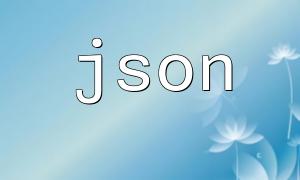ThinkPHP and BroPHP are both popular PHP development frameworks in China, each offering distinct advantages in architecture, functionality, and development efficiency. Choosing the right framework plays a crucial role in the speed and maintainability of a project.
ThinkPHP is a lightweight, high-performance MVC framework with comprehensive documentation and a strong developer community. It supports various database systems such as MySQL, Oracle, and SQLite, making it well-suited for rapid development of medium to large-scale web applications.
BroPHP is designed to be a simple and efficient PHP framework, ideal for quick deployment of small to mid-size projects. Like ThinkPHP, it follows the MVC pattern and comes with extensive libraries and support for extensions such as Redis and Memcache.
In some development scenarios, you may need to migrate an existing ThinkPHP project into the BroPHP framework—especially during a team’s framework transition or a system refactor. Below are two viable approaches to achieve this.
The simplest method involves manually replacing ThinkPHP namespaces or class references with BroPHP equivalents. This is suitable for projects with clean architecture and low coupling.
namespace app\model;
use Bro\Model;
class User extends Model {
// ...
}
In this example, the namespace “Think\Model” is replaced with “Bro\Model” to adapt the model class to BroPHP.
The alternative approach is to retain ThinkPHP’s core libraries and integrate them directly into the BroPHP project. This is ideal when the original project heavily depends on ThinkPHP functionalities.
Steps:
namespace app\controller;
use Bro\Controller;
class Index extends Controller {
public function index() {
require_once APP_PATH.'Think/Db.class.php';
$db = new \Think\Db();
// ...perform database operations
}
}
Migrating a ThinkPHP project into the BroPHP framework is a feasible process that depends on the complexity and dependencies of your codebase. Simple projects can be migrated by modifying class names, while complex ones may benefit from maintaining the original library structure. Choosing the right approach can minimize refactoring costs and enhance development efficiency.









